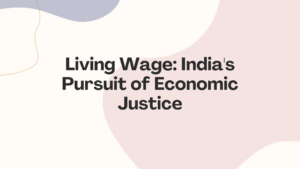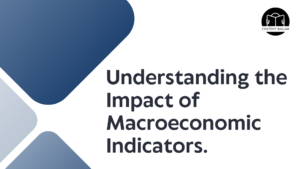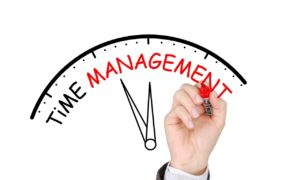
Economic challenges are pervasive issues that societies face, impacting individuals, businesses, and governments on various scales. These challenges can arise from a multitude of factors, including shifts in global markets, technological advancements, policy decisions, demographic changes, and environmental issues. Understanding and addressing these economic challenges are critical for fostering sustainable growth, reducing inequality, and improving the overall well-being of communities.
One significant economic challenge is income inequality, which refers to the unequal distribution of income and wealth among individuals or households within a society. Rising income inequality can undermine social cohesion, hinder economic mobility, and exacerbate disparities in access to education, healthcare, and opportunities for upward mobility. Addressing income inequality requires implementing policies that promote inclusive growth, such as progressive taxation, social safety nets, minimum wage laws, and investments in education and skills training.
Unemployment and underemployment pose significant economic challenges, particularly during periods of economic downturns or structural changes in industries. High levels of unemployment can lead to reduced consumer spending, lower productivity, and social unrest. Structural unemployment, caused by technological advancements or shifts in consumer preferences, requires retraining and reskilling workers to adapt to changing labor market demands. Policies that promote job creation, entrepreneurship, and workforce development are essential for mitigating the negative effects of unemployment and fostering a more resilient economy.
Another economic challenge is the growing burden of debt, both at the individual and national levels. Household debt, including mortgages, student loans, and credit card debt, can constrain consumer spending and limit economic growth. Similarly, excessive government debt can lead to fiscal instability, higher interest rates, and reduced public investment in critical areas such as infrastructure, education, and healthcare. Implementing prudent fiscal policies, promoting financial literacy, and strengthening regulatory frameworks are essential for managing debt levels and ensuring long-term economic sustainability.
Globalization presents both opportunities and challenges for economies around the world. While globalization has facilitated the flow of goods, services, and capital across borders, it has also contributed to job displacement, wage stagnation, and increased competition for industries in both developed and developing countries. Addressing the challenges of globalization requires a balanced approach that promotes trade liberalization, supports workers affected by trade shocks, and strengthens social safety nets to mitigate the adverse effects of economic integration.
Environmental degradation and climate change pose significant economic challenges, threatening ecosystems, livelihoods, and economic stability. The adverse impacts of climate change, including extreme weather events, rising sea levels, and disruptions to agricultural production, can have far-reaching consequences for global food security, public health, and economic development. Transitioning to a low-carbon economy, investing in renewable energy sources, and adopting sustainable practices in agriculture, transportation, and industry are essential for mitigating the effects of climate change and building resilience to environmental risks.
In conclusion, economic challenges are complex issues that require multifaceted solutions and coordinated efforts from governments, businesses, civil society, and international organizations. By addressing income inequality, unemployment, debt, globalization, and environmental sustainability, societies can foster inclusive and sustainable economic growth that benefits all segments of the population. Implementing policies that promote economic resilience, innovation, and social inclusion are essential for overcoming economic challenges and building a more prosperous and equitable future.







